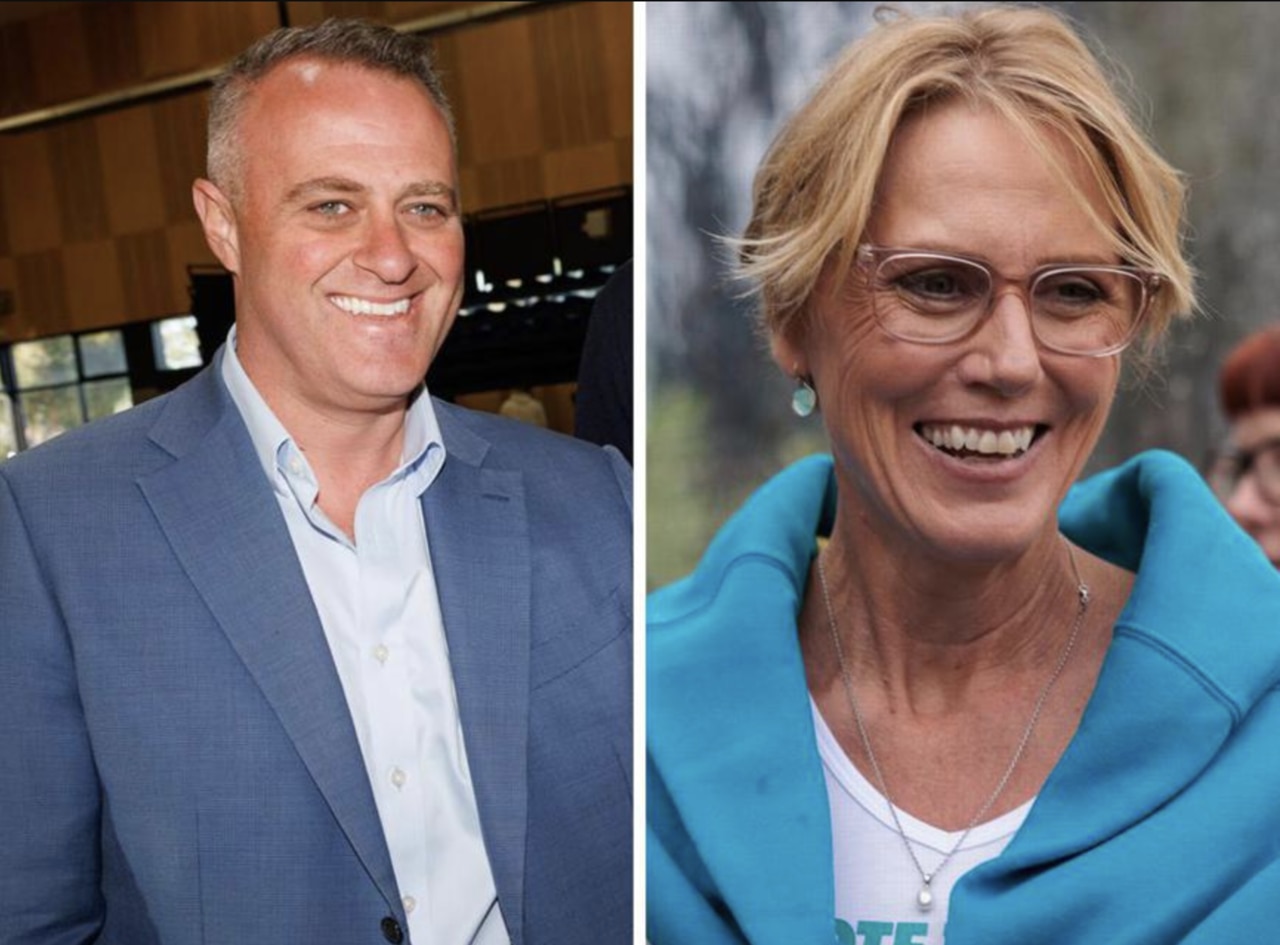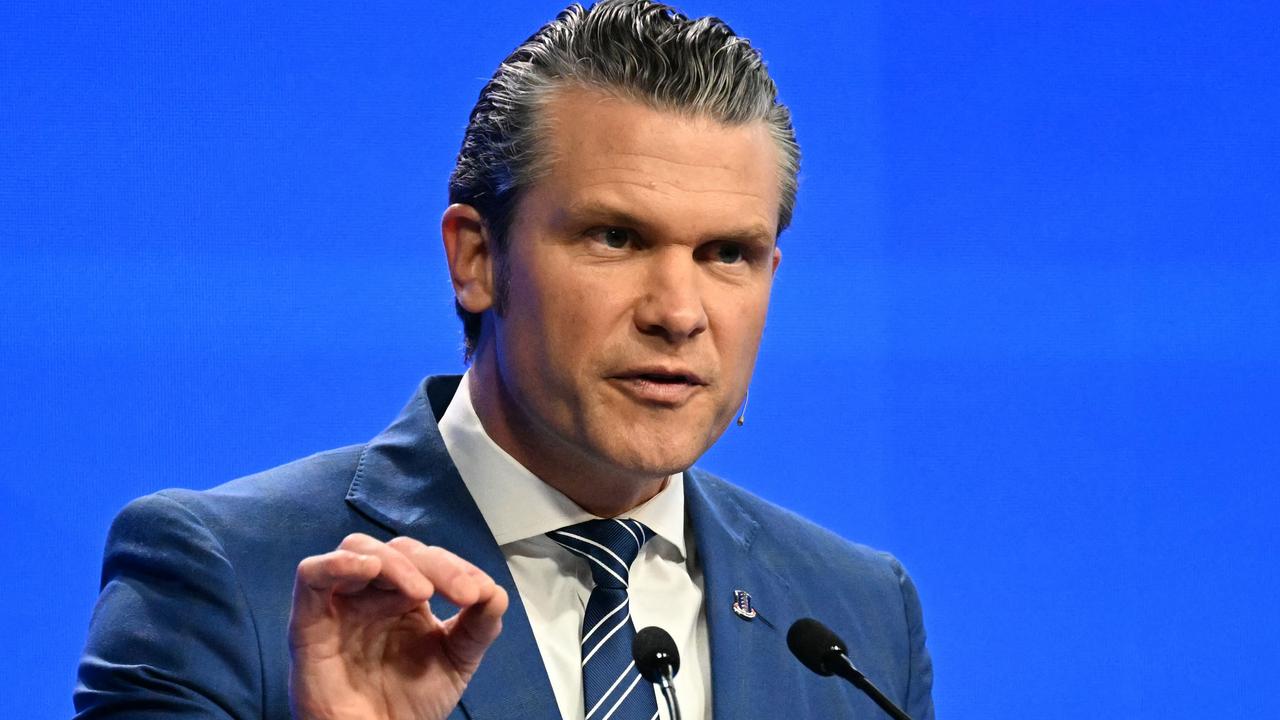Newspoll: Peter Dutton is drifting, but there are warnings for Anthony Albanese in these numbers

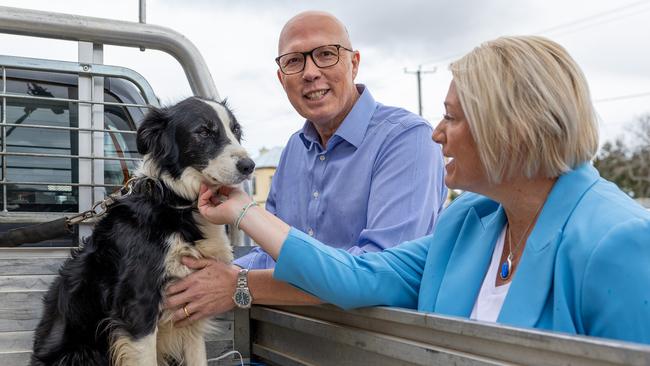
It should be no surprise that Peter Dutton has ditched his work from home mandate.
The electoral drift continues for the Coalition and this policy alone could have made a significant contribution, considering the feedback from the field.
Particularly among women in the outer metropolitan suburbs and regions, as an anti-family policy it was toxic if not ill-explained and misdirected.
But Labor shouldn’t be too comfortable about where its own prospects currently rest.
At 33 per cent, Labor’s primary vote still remains too low.
While it has lifted off the floor over the course of March and April – from 31 per cent – it has stalled at this level over the past week.
The contest in broad terms is now almost identical to the last election result.
The preference flows from the Greens mean that on a two-party preferred vote, Labor has managed to turn a 51/49 deficit into a 52/48 per cent advantage in the space of the past four weeks.
This is a back to the future moment for Anthony Albanese. While Labor won from this position last time, it did so only by a single seat.
But this time around Albanese has Victoria to contend with.
A lead in the national polls could mean little if this state swings far enough.
Labor would need a primary vote of 35 per cent nationally to be confident of getting to 76 seats or above this time.
However, it is looking grim for the Coalition’s hopes of pulling off a historic victory in its own right.
The Coalition primary vote is now at its lowest point since the middle of last year, having lost further ground over the first week of the election campaign.
All the gains the Liberal leader had made over the course of the three-year election cycle appear to have been lost at the worst possible time.
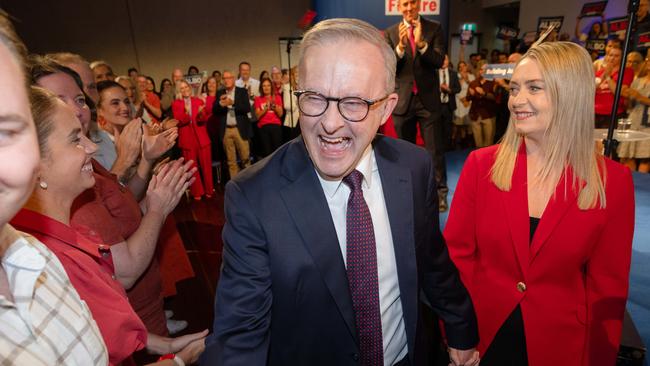
Consider where the Coalition was in November last year. The Coalition had hit the 40 per cent primary vote benchmark, from where it was considered to be competitive.
Albanese’s approval ratings were heading to a historic low, which was reached in January at minus 21. And the momentum was all going Dutton’s way.
Some on the conservative side made the mistake of beginning to assume that Anthony Albanese was dead and buried. And this may be part of the current problem.
Something happened over the summer break. The Coalition went to sleep and doesn’t appear to have yet fully woken up.
The new reality for the Coalition is that it now also back to where it started at the last election – on a primary vote of 36 per cent.
This was a record low for the Liberal/Nationals which led to the worst result for the Liberal Party, in terms of bums on seats in parliament at least, since it was formed.
Dutton has also lost his personal advantage over Albanese. The turning point appears to have come following the Reserve Bank’s decision to cut interest rates, but not necessarily because of it.
A vacuum opened up which the Coalition decided, for one reason or another, not to fill.
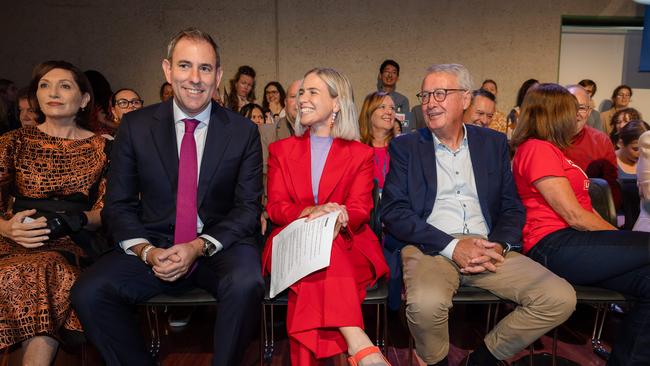
Dutton has lifted his performance over the past few days., and while there is ground to make up, it’s far from over yet.
While the momentum may have swung away from the Coalition, it hasn’t swung towards Labor in any convincing way in terms of the primary vote.
A key difference in this poll is that the loss in support for the Coalition has come from the right and landed in One Nation’s column.
It is now two points up on its election result, at 7 per cent. Other minor parties and the teal independents are also significantly down on the election result – 12 per cent rather than 14.5 per cent.
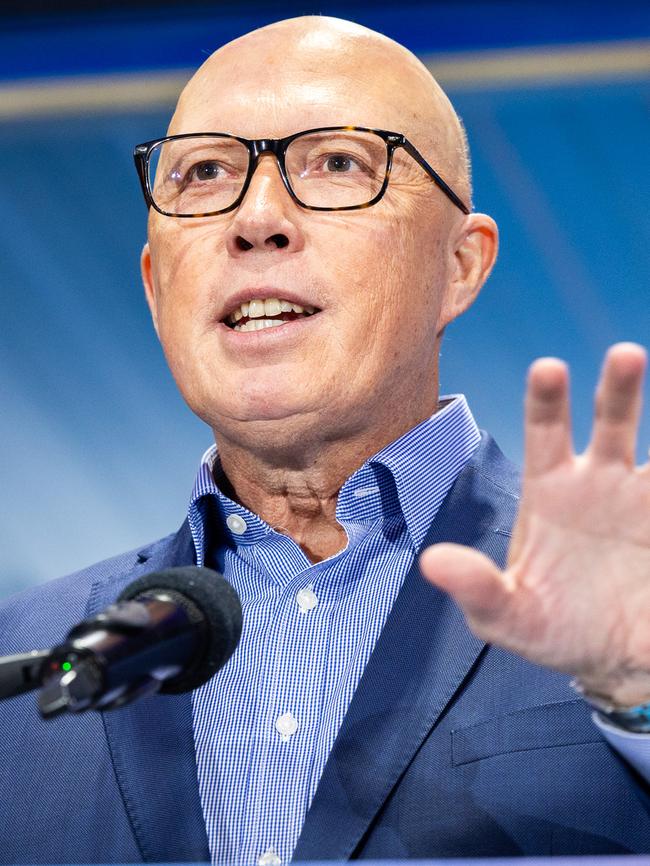
Underwriting Dutton’s slide in approval ratings is the view voters have come to over the past three months.
His dominance over Albanese as a strong and decisive leader remains uncontested. But on other key measures, Albanese has improved significantly.
For the first time since he was elected, Albanese is now considered the more experienced leader. It was odd that he had never enjoyed this advantage in the first place. But it was consistent with his failure to leverage his incumbency to project a depth of leadership.
Dutton is also considered even less likeable, less caring, less trustworthy and less in touch with voters than he was at the end of last year. Albanese has increased his lead on these attributes.
Where Albanese continues to fail is in the strength of leadership and having a vision for Australia.
And while the Coalition has certainly played to these deficiencies, Dutton has not swung voting intention in his favour off the back of it.
It is Albanese’s significant improvement on some of the key indicators that likely lies beneath the minor recovery of Labor’s primary vote from the January low.
Not that anyone inside Labor headquarters should be putting the magnums of Bollinger on ice just yet.
Those with a keener sense of history know that being in front in the polls as an unpopular government can be a disadvantage if an expectation that it will be returned gives voters a greater comfort in lodging a vote of protest.

